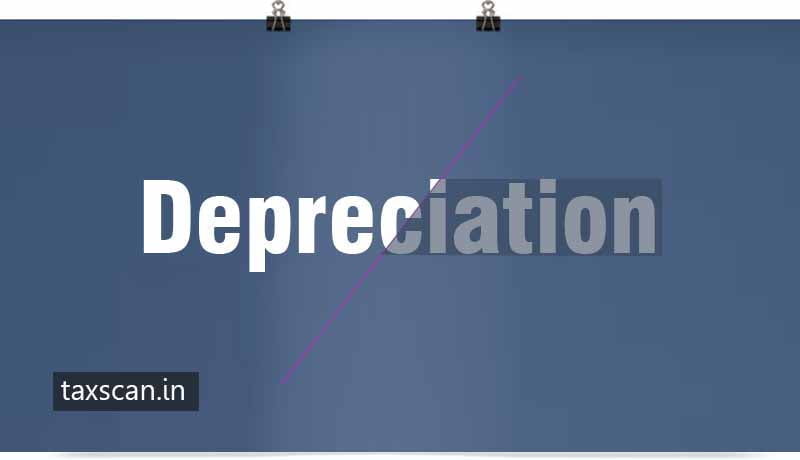Every Loss of revenue as a consequence of an order of Assessing Officer cannot be treated as Prejudicial to Interest of Revenue: ITAT quashes Revision Order passed against Depreciation claimed on New Assets

The Income Tax Appellate Tribunal (ITAT), Surat bench, quashed the revision order passed under section 263 of the Income Tax Act, 1961, without following the natural justice principle in respect of the addition of Fixed assets.
Thus, the bench quashed the revision order passed against depreciation claimed on new assets.
The assessee, Surat People’s Co-operative Bank Ltd., is a Cooperative Bank and filed its Return of Income for the assessment year (A.Y.) 2018-19, declaring a total income of Rs. 37,36,32,000.
Thereafter, the assessee's case was selected for scrutiny. Accordingly, assessment was framed under section 143(3) r.w.s. 143(3A) and 143(3B) of the Income Tax Act.
Later, the PCIT verified the records of the assessment order and observed that during the course of assessment proceedings, neither the assessing officer inquired nor did the assessee furnish any explanation regarding depreciation claimed on the new assets purchased by the assessee. Thus, the PCIT concluded that the assessment order was erroneous and prejudicial to the interest of revenue.
Aggrieved by the order, the assessee filed an appeal before the Tribunal.
During the proceedings, Sujesh C. Suratwala, Counsel for the assessee, argued that the assessing officer made an inquiry and verified the issue of depreciation on the purchase of new assets amounting to Rs. 3,11,73,124 with supporting cogent documents like bills/vouchers, etc.
S. M. Keshkamat, Counsel for Revenue, supported the PCIT's order, arguing that the Assessing Officer did not discuss this issue in his assessment order.
Hence, the issue raised by the PCIT has never been examined by the Assessing Officer; therefore, the order passed by the Assessing Officer is erroneous and prejudicial to the interest of the Revenue.
The Tribunal, while considering the appeal, observed that the Assessing Officer had knowledge based on the information available at the time of the assessment proceeding regarding the depreciation claimed by the assessee bank. The AO, based on the above information, asked for an explanation for the profit on the sale of depreciable assets.
Therefore, it cannot be said that the AO did not make an inquiry, or the assessee did not furnish any explanation regarding depreciation claimed on the new assets purchased by the assessee.
Therefore, failure to give such an opportunity would render the revisional order legally fragile, not on the grounds of a lack of jurisdiction but on the grounds of a violation of the principles of natural justice.
After reviewing the facts and records, the two-member bench of Dr. A. L. Saini (Accountant Member) and Pawan Singh (Judicial Member) relied upon the decision of the Supreme Court in the case of Malabar Industries Ltd. vs. CIT and observed that every loss of revenue as a consequence of an order of the Assessing Officer cannot be treated as prejudicial to the interest of the revenue.
Accordingly, the bench quashed the revision order passed against depreciation claimed on the new assets.
To Read the full text of the Order CLICK HERE
Support our journalism by subscribing to Taxscan premium. Follow us on Telegram for quick updates
The Surat People�s Co Operative Bank Ltd. vs PCIT , 2023 TAXSCAN (ITAT) 2548 , Kamlesh Bhatt , Ashok B. Koli

